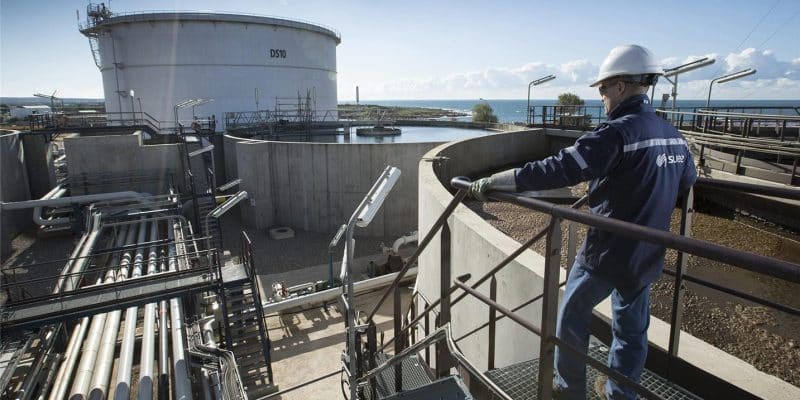Suez has signed a partnership agreement with Tunisia's National Sanitation Office (ONAS) for the delegated management of the public liquid sanitation service in the governorates of Sfax, Gabes, Medenine and Tataouine. The French environmental giant will provide this service for 10 years.
In Tunisia, the expertise of the French group Suez is required in the management of liquid sanitation. The environmental giant has just signed a concession agreement with Tunisia’s National Sanitation Office (ONAS). The partnership covers the management of the public service of liquid and collective sanitation in the governorates of Sfax, Gabès, Médenine and Tataouine, whose overall population is estimated at 960,000 inhabitants. “This contract demonstrates the confidence placed in Suez by the Tunisian authorities. The group wishes to accompany Tunisia in this structuring project that will make the country a reference in terms of sanitation management on the African continent”, says Sabrina Soussan, the CEO of Suez.
The group will collaborate with Segor, Scet (Services Conseil Expertises et Territoires) and the Banque Internationale Arabe de Tunisie (Biat) in this concession. Segor and Scet hold 12% of the shares in this consortium, Biat 8% and Suez the remaining 80%. Thus, for 10 years, Suez will ensure the operation and maintenance of 14 wastewater treatment plants, 106 tributary pumping stations and 1,900 km of sewage network distributed between Sfax, Gabes, Medenine and Tataouine. These facilities have a treatment capacity of 39 million m3 per year, says Suez. Segor and the Scet group hold 12% of the shares in this consortium, BIAT 8% and Suez the remaining 80%.
A 200 million euro contract
The contract also includes the rehabilitation of existing wastewater treatment plants, as well as additional work that will allow the reuse of wastewater for agriculture, through the use of tertiary water treatment processes such as ultraviolet (UV) and phosphorus removal. In addition to reducing the pollution of aquatic environments, the challenge for the Tunisian government is to strengthen the resilience of farmers to water stress, a manifestation of drought.
Suez and its partners will also put in place a tool to evaluate the performance of the contract’s social and environmental responsibility in the form of an environmental and social management system (ESMS). This will incorporate the environmental standards in force in Tunisia, in line with the World Bank’s principles in this area. The Bretton Woods financial institution will provide part of the 200 million euros that will be required under the new contract with Suez and its partners in Tunisia.
Read Also –
According to Suez, the financing from the World Bank Group will be used for the rehabilitation and extension of the liquid waste facilities. The financing of the operation and maintenance of these facilities will be provided by the Tunisian State.
Inès Magoum







